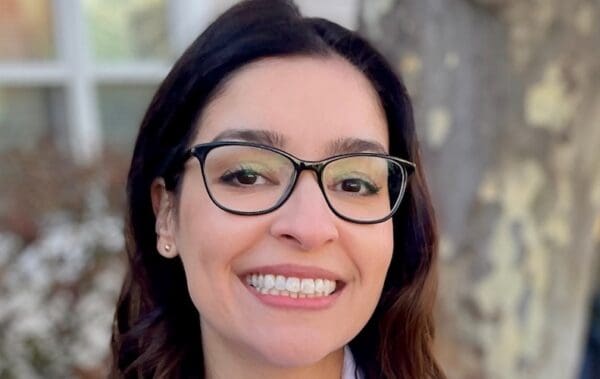Zeyneb Magavi Has a Down-to-Earth Plan for Home Heating
According to Zeyneb Magavi, geothermal energy is a grand opportunity to shift into a new clean energy age, tackling climate change and lowering energy costs all at the same time.
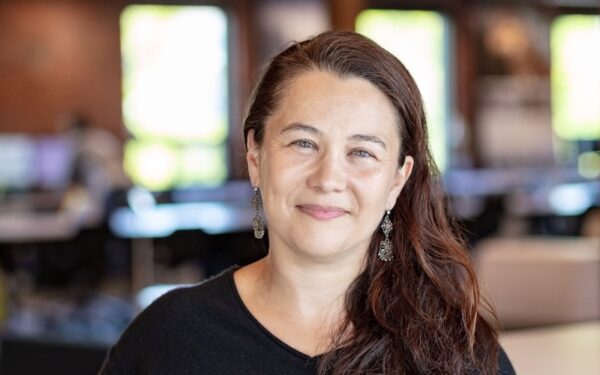
According to Zeyneb Magavi, geothermal energy is a grand opportunity to shift into a new clean energy age, tackling climate change and lowering energy costs all at the same time.

As CLF’s Government Relations Manager, Katharine works directly with legislators and state agencies to advance climate-resilient environmental policy at the state level. She comes to CLF after four years at Mass Rivers Alliance, coordinating statewide advocacy around water issues, and two years at the Connecticut Land Conservation Council, working with the land trust community in… Continue reading Katharine Lange
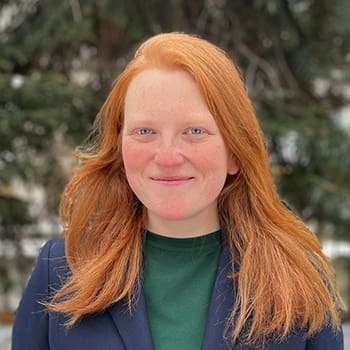
Paulina Muratore is CLF’s Director of Transportation Justice and Infrastructure. In her role, she works within the Environmental Justice Program and in lockstep with community-based partners across New England to work toward transportation solutions that center justice and equity. Before joining CLF, Paulina worked for over six years at the Union of Concerned Scientists… Continue reading Paulina Muratore

The Trump administration may try to attack our ocean, but we’re ready to fight back.
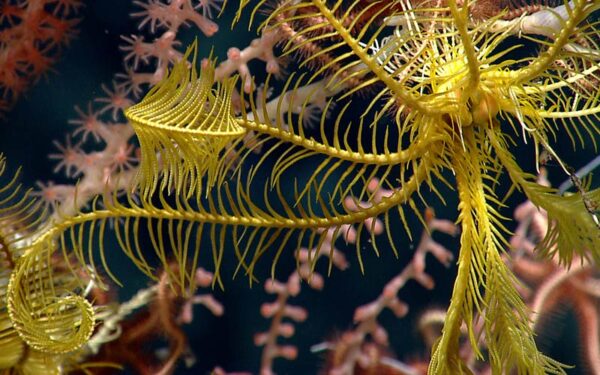
Any long term solution requires the Governor and Legislature to explore new revenue sources for a transportation system that will build stronger, healthier, and better-connected communities for all.
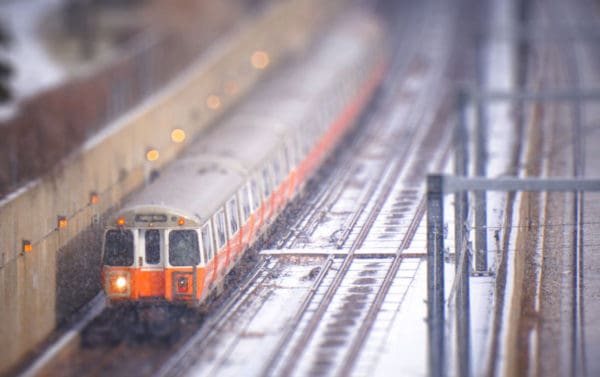
When I boarded a yellow school bus from South Central LA to Pacific Palisades each day, no one in either neighborhood was talking about climate change. But times have changed, and the unprecedented fires in Los Angeles are showing us what climate change looks like.
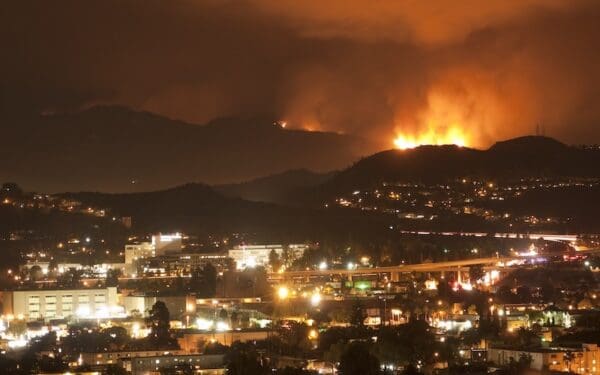
CLF President Brad Campbell spoke about prospects for regional progress in 2025 at the intersection of climate, transportation, housing, and public health.
New research shines a light on Atlantic cod’s falling populations.

Open-ocean, finfish aquaculture might seem like an efficient alternative to traditional commercial fishing but these fish farms cause tremendous damage to New England’s environment.
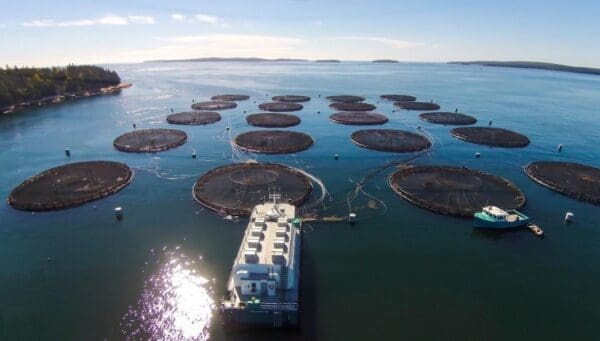
CLF’s new director of research and metrics has spent her career examining health inequity. Now, she brings an ambitious goal to CLF: addressing environmental health disparities across New England.
